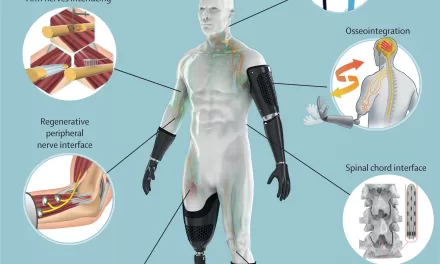
A recent study published in JAMA Network Open has shed light on the potential cognitive benefits of pet ownership for older adults living alone. Researchers discovered that owning a pet, such as a dog or cat, might contribute to maintaining healthier brain function, specifically in terms of verbal memory and fluency, among individuals residing alone.
The study, which encompassed 7,945 participants aged 50 and above, revealed a significant correlation between pet ownership and slower rates of decline in verbal memory and fluency for individuals living solo. Interestingly, this relationship wasn’t observed among those living with others.
With a growing trend toward single-person households—accounting for 28.5% of Americans in 2021—the research underscores the importance of exploring avenues that could potentially mitigate cognitive decline in aging individuals, particularly as the global dementia population is projected to rise from 57 million in 2019 to 153 million by 2050.
The absence of effective therapies to reverse cognitive decline or manage dementia heightens the significance of these findings. The study highlighted that older adults living alone face a heightened risk of dementia, emphasizing the challenge of altering this living arrangement.
However, pet ownership among solo dwellers appeared to buffer the association between living alone and cognitive decline. Pet ownership, the researchers noted, potentially reduces loneliness—a critical risk factor linked to dementia and cognitive deterioration.
Despite the positive indications, the relationship between pet ownership and cognitive decline remains complex and not yet fully explored. While loneliness is seen as a potential mediator between solitary living and dementia risk, the role of pet ownership in mitigating cognitive decline warrants further investigation due to existing contradictory findings.











